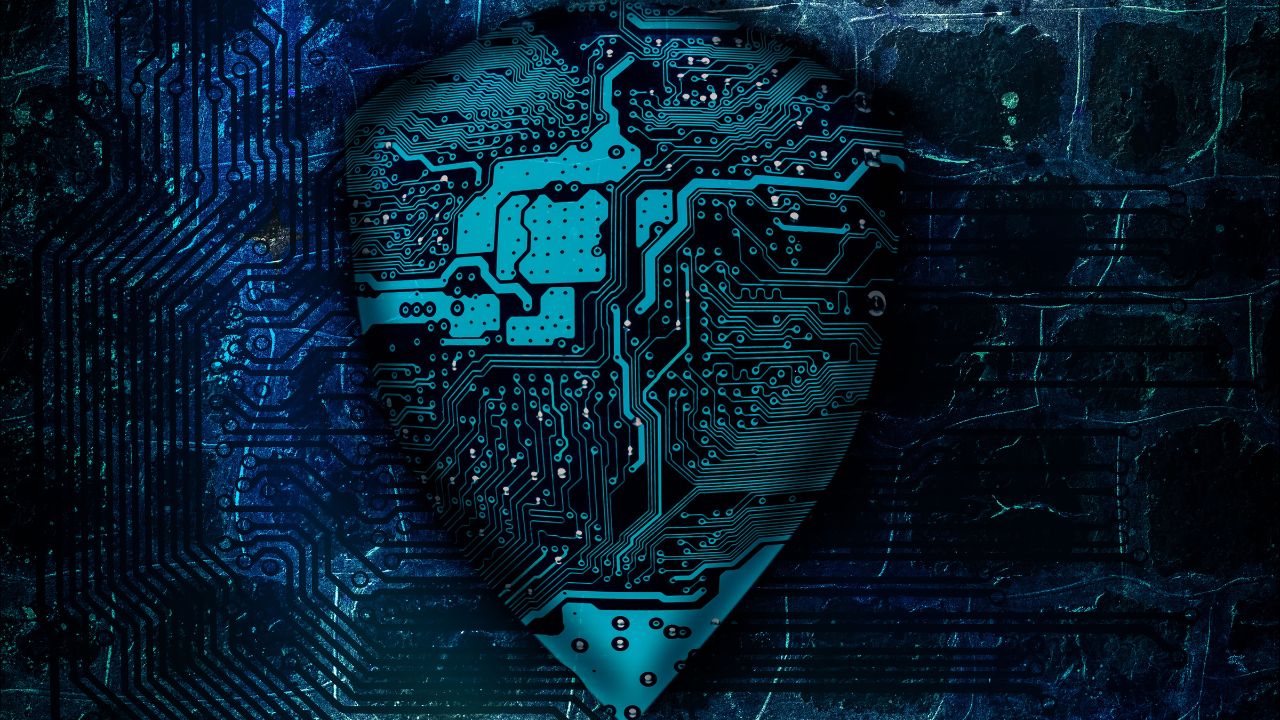
Groundbreaking Technologies Revolutionizing Cybersecurity
In an age where digital threats evolve at breakneck speed, the future of cybersecurity hinges on innovative technologies that can adapt and defend against increasingly sophisticated attacks.
One such technology poised to revolutionize cybersecurity is Quantum Cryptography.
Quantum Cryptography leverages the principles of quantum mechanics to secure communication channels in a way that is theoretically unbreakable. Unlike traditional encryption methods, which rely on complex mathematical algorithms, Quantum Cryptography utilizes the behavior of quantum particles to generate cryptographic keys. This approach offers unparalleled security as any attempt to intercept or eavesdrop on the communication would disturb the quantum state, immediately alerting the sender and receiver to potential tampering.
Moreover, Quantum Cryptography ensures future-proof protection by exploiting the fundamental properties of quantum mechanics, such as entanglement and superposition. This means that even with advancements in computing power, quantum-resistant cryptography remains impervious to brute force attacks.
Another groundbreaking technology set to transform cybersecurity is Artificial Intelligence (AI) and Machine Learning (ML). These technologies enable proactive threat detection and response by analyzing vast amounts of data in real-time to identify patterns and anomalies indicative of cyber threats. AI-powered systems can autonomously adapt to evolving attack strategies, making split-second decisions to thwart potential breaches before they occur.
Furthermore, AI and ML algorithms can enhance the efficiency of security operations, reducing the burden on human analysts and accelerating incident response times. By automating routine tasks such as malware detection, phishing identification, and system patching, organizations can bolster their defenses and stay one step ahead of cyber adversaries.

Additionally, Blockchain technology is revolutionizing cybersecurity by providing a decentralized and tamper-resistant framework for storing and transmitting sensitive information. By distributing data across a network of nodes and encrypting transactions using cryptographic hashes, Blockchain mitigates the risk of data manipulation and unauthorized access.
In conclusion, the future of cybersecurity lies in harnessing cutting-edge technologies such as Quantum Cryptography, Artificial Intelligence, Machine Learning, and Blockchain. By leveraging these innovations, organizations can fortify their defenses against emerging threats and safeguard their digital assets in an increasingly interconnected world.
